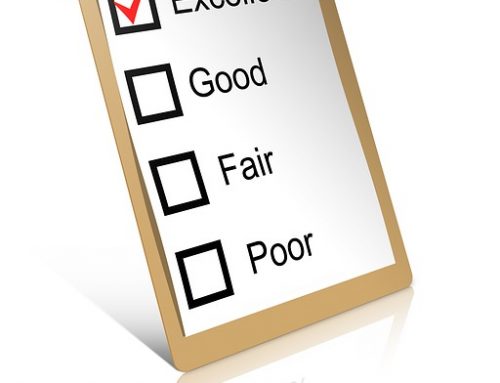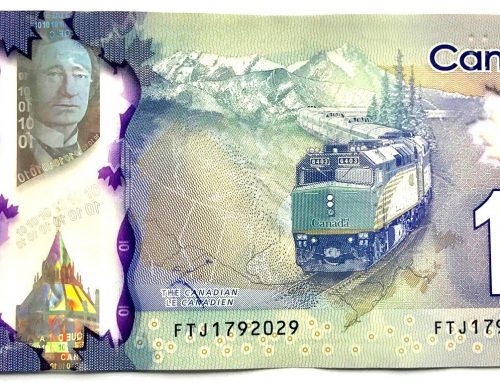7 ways to improve your credit score
 Need to improve your credit score?
Need to improve your credit score?
If you’ve decided to take the steps to improve your credit score, congratulations – it’s well worth the effort. However, be sure to keep that in mind: it will take time and effort. Increasing your credit score is a marathon, not a sprint.
What you’ll have to keep in mind is that the entire lifetime of your financial behavior will always be under the microscope, and that’s why it’ll take time for your positive steps to balance out the negative.
The first step for you to making your credit score work for you is to obtain your credit rating so that you are the first to know where it is you stand and then begins your quest from owing money to saving money.
Step 1: Beware of those credit card balances
One of the most popular misconceptions about credit ratings is that you only get dinged if you don’t pay your bills AT ALL.
That is NOT correct – carrying a large balance on your credit card, even if you always make your monthly payments on time, is considered a red flag.
Ideally, experts would like to see credit card holders paying off the entirety of their balance each month. However, we all know that this isn’t always realistic, so a reasonable target for you to aim for is not carrying more than 30% of your credit limit at any time.
To increase your credit score, “pay down your balances, and keep those balances low,” says Pamela Banks, senior policy counsel for Consumers Union.
Now, thanks to online banking, you can repay money to your credit card with a couple of clicks, which brings us to a strategy that works for some people. Each day, look for an expense you can cut from your day, starting at $10.
Then at the end of the day, deposit that $10 onto your credit card. If you can go about it that way, you’ll be surprised at how quickly you start seeing an impact on your balance.
If you save just ten dollars a day on a purchase you didn’t need, that’s $300 down on your card – this truly is a top strategy to help improve your credit score.
Pop Your Credit Umbrella
You might not find this evidence, but carrying small balances (we’re talking $50 to $80) across multiple credit cards also affects your credit score. These are what the industry refers to as ‘nuisance balances’.
The reason they affect your score, despite being rather insignificant is because it gives the illusion that you owe money in too many places.
Leave (good) old debt on your report
Here’s another misconception – that all debt is bad debt. Far too often is the case that once a borrower has fully repaid the loan on a new car they try to have that loan stricken from the record, even if they had a perfect payment cycle.
This is good debt – money was borrowed and fully repaid on or before the due dates. This is certainly the kind of old debt you want future lenders to see.
The only debt you want to see disappear from your record is unpaid accounts, which will disappear after seven years.
Beware of persistence
Let’s say you apply for credit and don’t get the answer you were hoping for. So you apply to a couple of other avenues. Each time someone makes a credit inquiry, it leaves a mark on your record that sticks for a year.
This happens because when lenders see someone applying for more and more credit, they see it as a bad sign.
The key to getting around this is to apply for different kinds of loans, such as mortgage, auto as well as student loans, instead of focusing exclusively on straight credit.
The FICO score, a scoring system that is popular among lenders, ignores any such inquiries made in the 30 days prior to scoring. If it finds some that are older than 30 days, it will count those made within a typical shopping period as just one inquiry.
The bottom line is don’t stretch those inquiries too far apart time-wise.
Watch how many times you apply for credit with existing lenders
Just because you have an existing credit card, doesn’t mean that you and the card issuer have a relationship. Banks and credit card companies don’t have friends – only sources for more revenue.
If you want to get more money added to the balance of an existing card, banks will treat you every bit the same they would a perfect stranger: by scrutinizing you up and down, which also means doing a credit check on you.
Always pay bills on time
Skipping on paying a bill on time can be applied against your credit. Even if you do pay it, but do so late, some creditors won’t hesitate to mark it against your score. Before you know it, Bankruptcy can happen.
What we’re saying is, not paying your cable bill on time, could effectively bring down your ability to secure a mortgage. A pretty huge consequence for such a small thing, huh?
Creditor love seeing a borrower who pays his bills on time like clockwork and if you’ve been bad about paying on time in the past, there’s still time for you to pick up this simple habit to easily increase your credit score.
If you’d like to find out how LoanAway can help you improve your credit score, feel free to call one of our agents.
Word Count: 920


